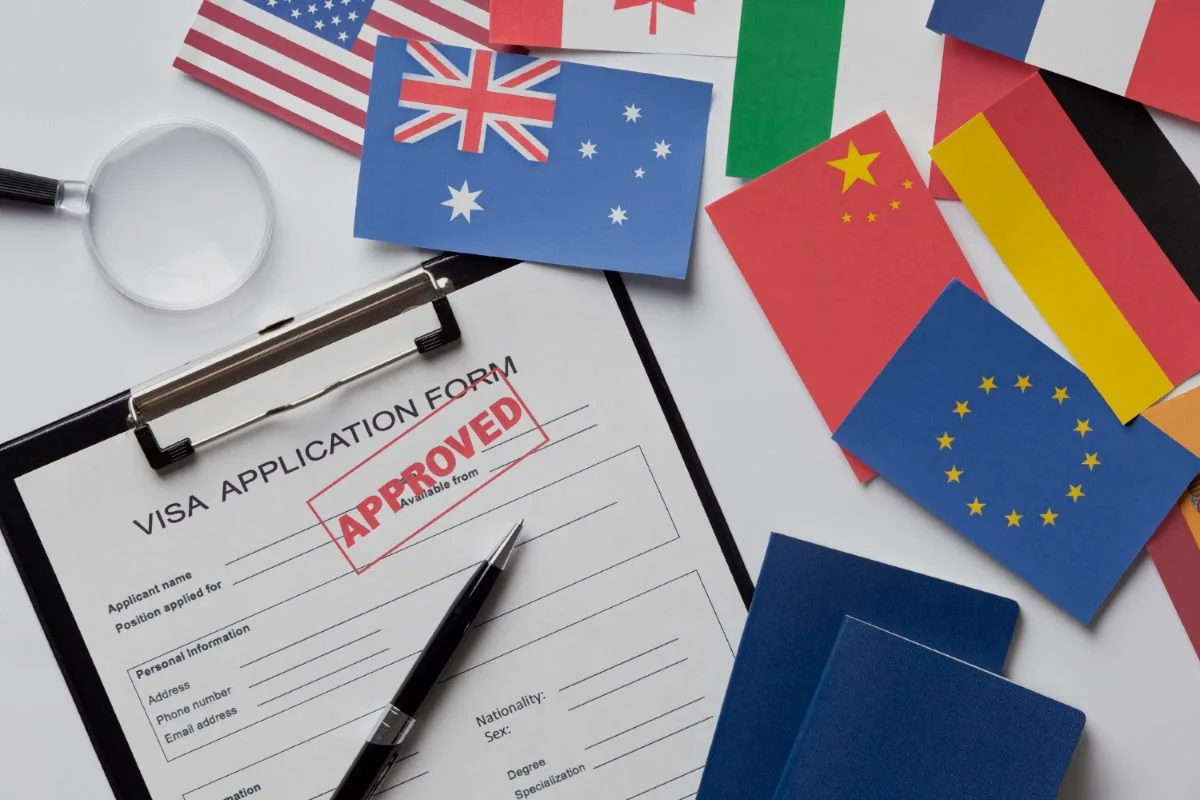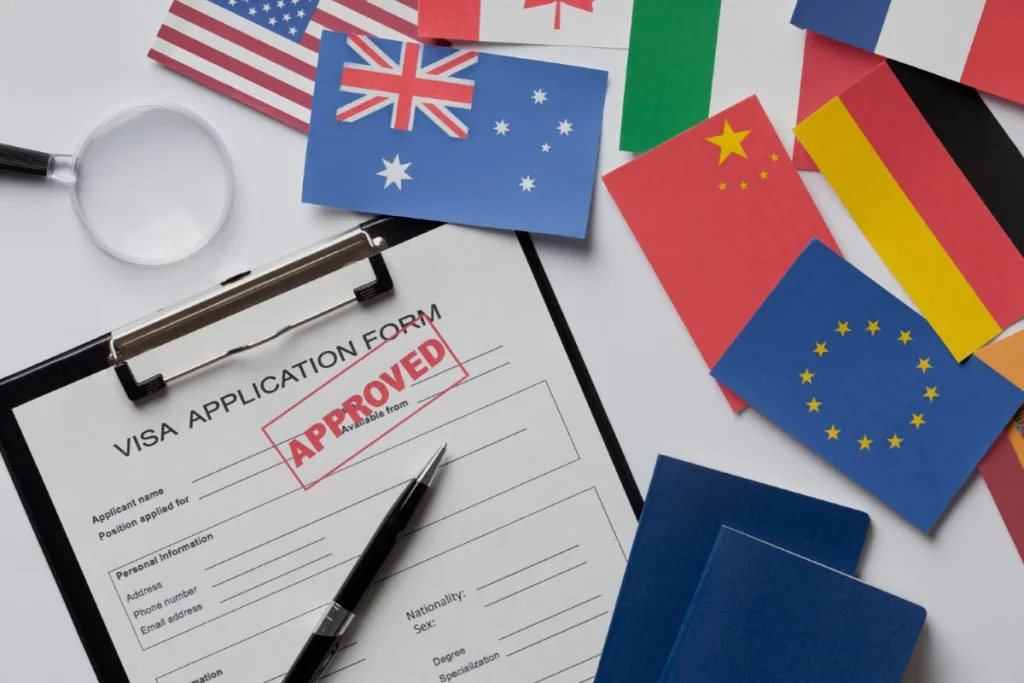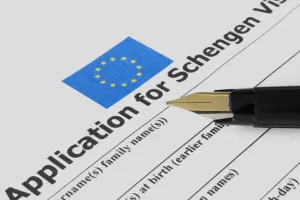
Why do students from third-world countries find it challenging to get a Schengen visa
Several challenges make students from third world countries get Schengen visa rejection, However, it is essential to note that many students from these third world countries are still successful in their applications, and there are resources available to help navigate the process

Still, let us take a look at the reasons why students from third-world countries often face several challenges when applying for a Schengen visa
Economic and Financial Factors
Students from third-world countries often have limited financial resources, making it difficult to demonstrate sufficient funds for living expenses in Europe. Economic instability, inflation, and currency fluctuations in their home countries can make it challenging to demonstrate financial stability
Visa Application Requirements
Schengen visa applications require significant documentation, including proof of admission, financial statements, and travel insurance. Language proficiency in English or the destination country’s language can be a barrier for students from third-world countries.
Perceptions and Stereotypes
Unfortunately, some Schengen countries have biases against certain nationalities or regions, making it more challenging for students from those countries to obtain a visa. Students from third-world countries may be perceived as having a higher risk of overstaying or immigrating illegally.
Lack of Information and Resources
Students from third-world countries may have limited access to accurate and reliable information about Schengen visa requirements and application processes. Universities in third-world countries may not have the resources or expertise to provide adequate support for students applying for Schengen visas.
High Rejection Rates
Schengen visa rejection rates can be high for students from third-world countries, which can be discouraging and make it harder for future applicants.
Complex Documentation
The visa application process often involves gathering extensive documentation, such as proof of enrollment at a university, travel insurance, flight bookings, and accommodation arrangements. For students from countries with less access to administrative support, navigating the process and acquiring the necessary documents can be difficult.
Limited Embassy and Consulate Presence
Some third-world countries may not have a Schengen country embassy or consulate, making it harder for students to submit their applications and attend interviews.
These factors, combined with the general financial and logistical challenges many students from third-world countries face, make it harder for them to successfully obtain a Schengen visa



Add your first comment to this post